Thousands Will Need Postdisaster MH Care, Psychiatrists Tell Congress
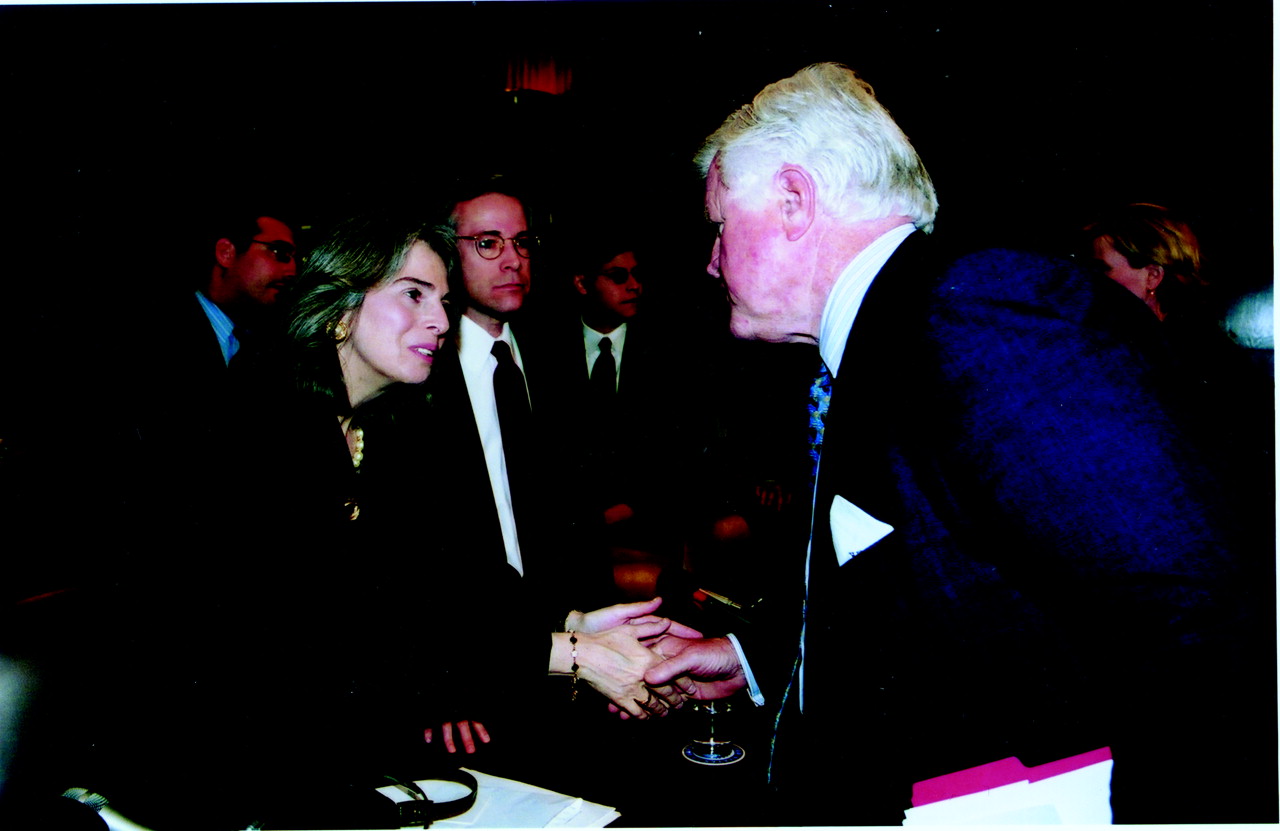
Sen. Edward Kennedy (D-Mass.) greets Cynthia Pfeffer, M.D., a psychiatrist who provided treatment to children affected by the World Trade Center calamity, at a Capitol Hill hearing last month on the short- and long-term impact of the terrorist attacks on Americans’ mental health. Pfeffer was one of three psychiatrists who testified.
Their mission? To give the committee an idea of how New Yorkers, and Americans in general, have been psychologically affected by the World Trade Center and Pentagon attacks and what kind of mental health resources Americans need as a result.
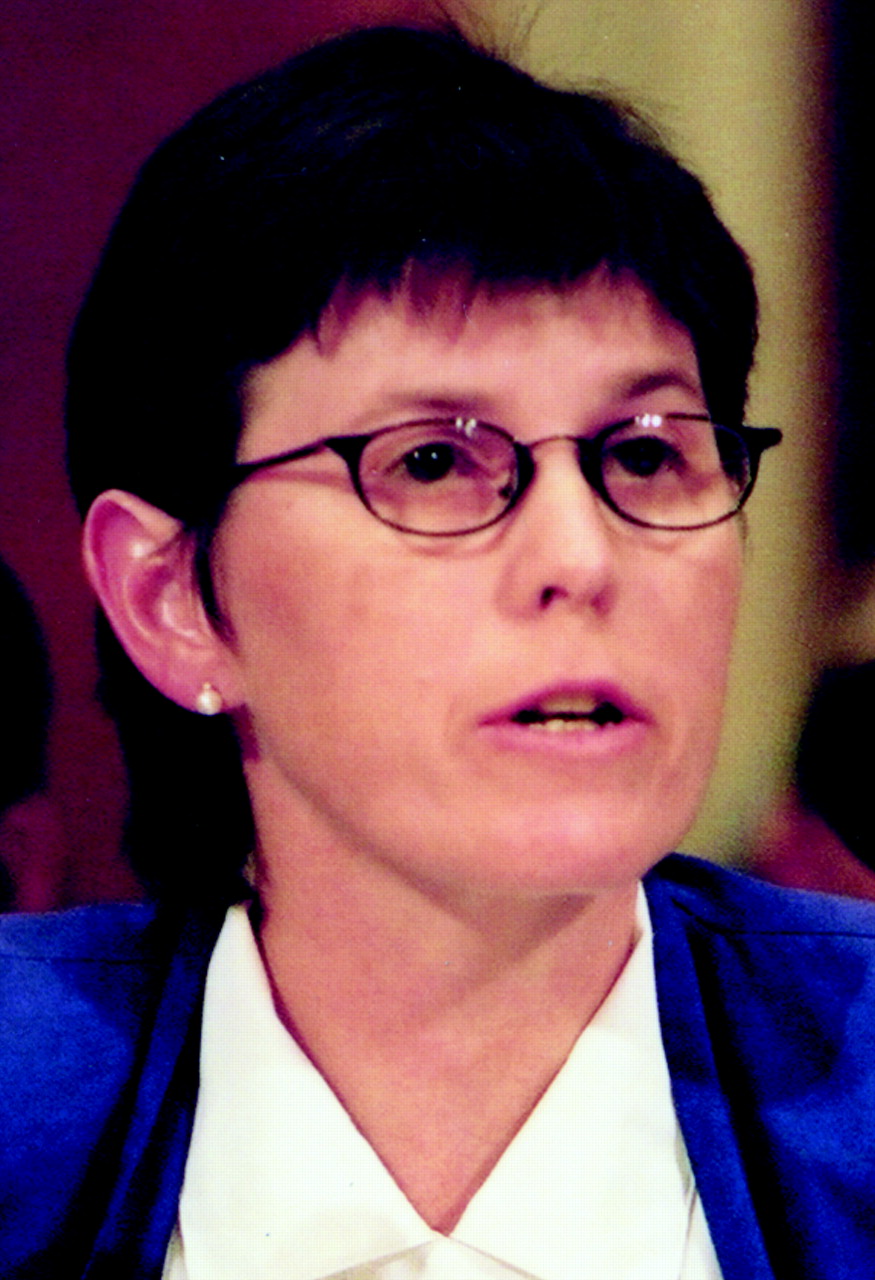
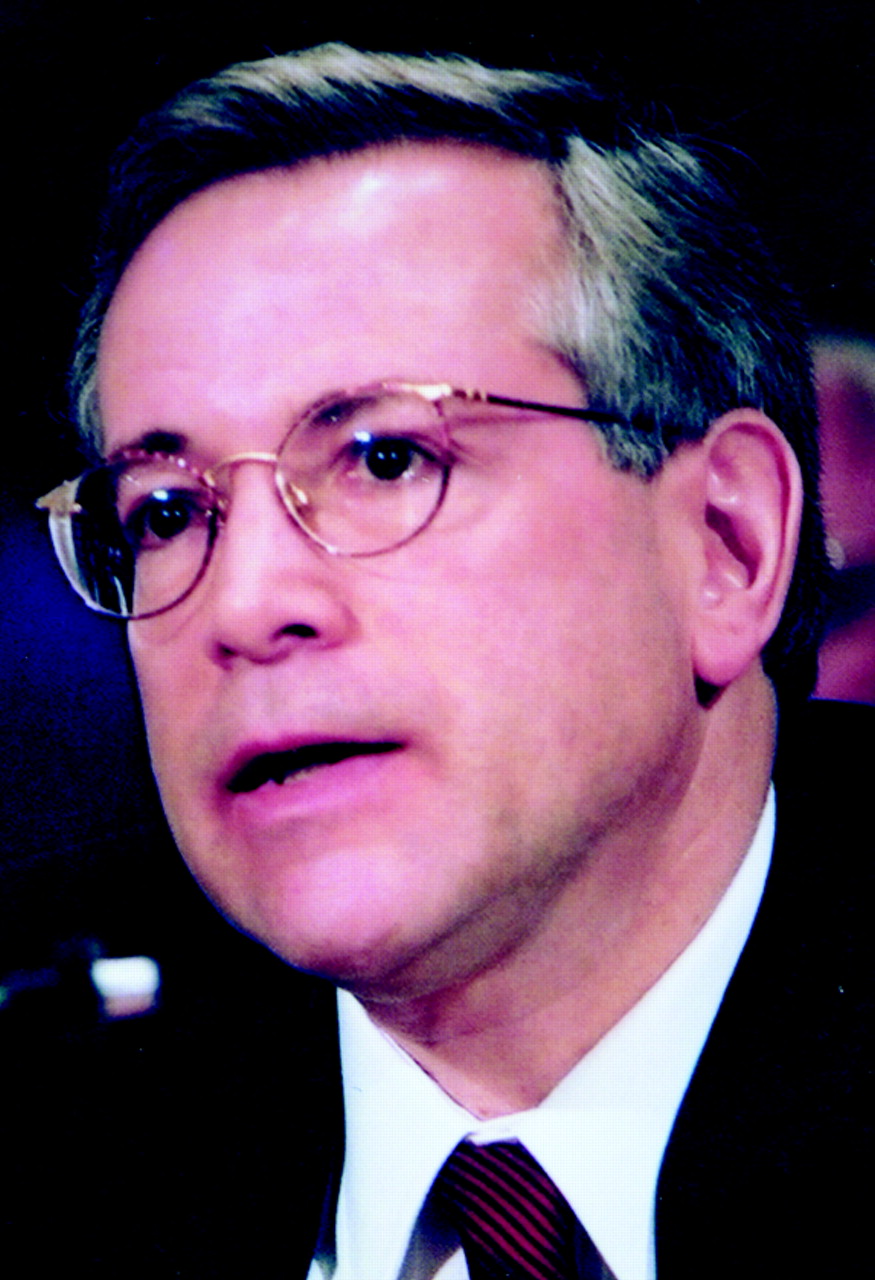
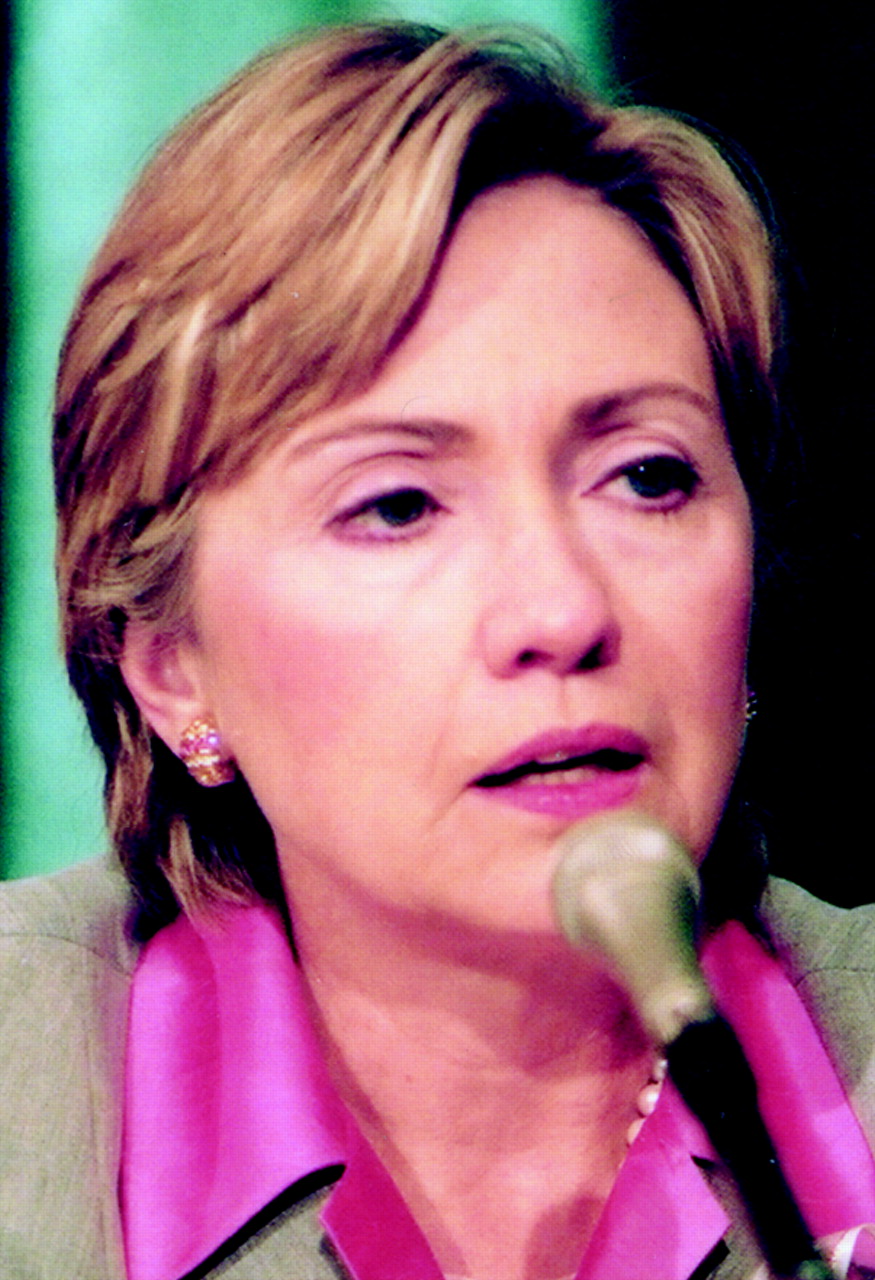
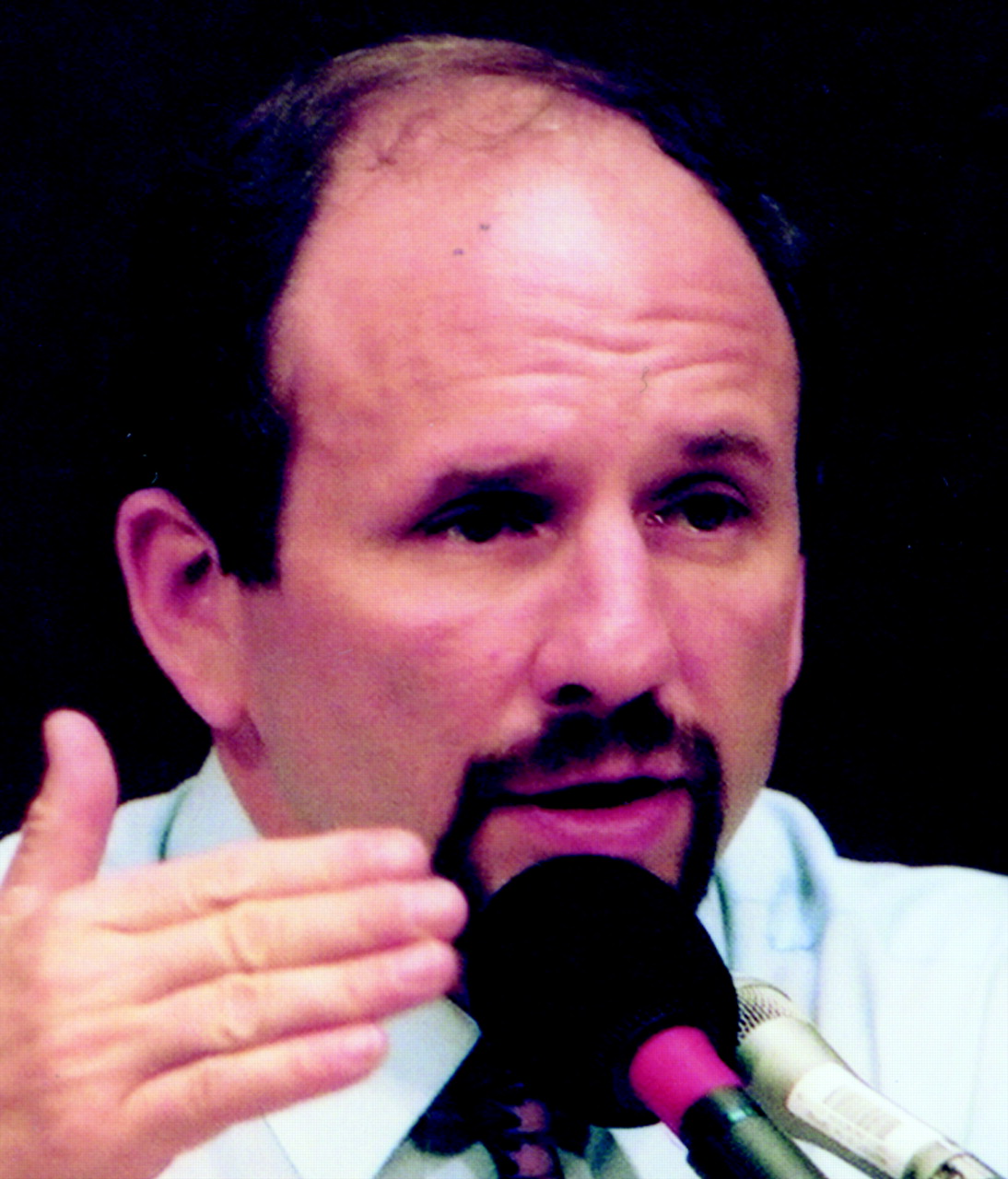
Also testifying last month at the Capitol Hill hearing of the Senate Health, Education, Labor, and Pensions Committee were Carol North, M.D., and Spencer Eth, M.D. Among the committee members were Sens. Hillary Rodham Clinton (D-N.Y.) and Paul Wellstone (D-Minn.).
The psychiatrists’ major message was that the psychological impact of the World Trade Center and Pentagon tragedies has been enormous and will remain so for some time to come.
As North explained it: “When disasters occur, subsequent psychiatric disorders tend to cluster most densely at the disaster epicenter and diminish as one moves outward, generating ever smaller waves as ripple effects reach the periphery. Those injured and those who fled for their lives from the burning World Trade Center towers and the Pentagon already have suffered physical and emotional distress, but also will suffer the most frequent and severe mental health consequences. Ripple effects will extend to people who evacuated from nearby buildings and others who witnessed the disaster unfolding from a distance, including those watching the towers collapse from the New Jersey shoreline. Others deeply affected are the thousands of bereaved who lost their loved ones, the rescue and recovery workers who risked their lives and also lost valued colleagues, and people affected by the plane crash in Pennsylvania. . . .
“[However,] virtually no one is unaffected. . . .A recent Pew poll reported that since the terrorist attacks, 7 out of 10 Americans have felt depressed, nearly 1 in 2 had trouble concentrating, and 1 in 3 had trouble sleeping. . . . Our nation’s sense of security has been replaced with the new emotion of vulnerability.”
Most Americans Coping Well
Another of the psychiatrists’ messages was that whereas the majority of Americans who have been psychologically affected by the events are coping fairly well, there are many others who are not and who need help. For instance, Pfeffer pointed out, thousands of children lost their parents because of the World Trade Center misfortune, and of these children, most will eventually recover, but some will experience severe anxiety, severe depression, posttraumatic stress disorder, or even be at risk of suicide because of what has happened to them. Thus, those youngsters who are psychologically imperiled need to be identified and helped, she said.
“I fear that we have just scratched the surface of the need for mental health care for traumatized and grief-stricken victims,” Eth said. “Though many, if not most, people will cope successfully with the horror and stress of the last two weeks, some will develop psychiatric symptoms that could worsen over time. . . . The most important risk factors include proximity to ground zero for the survivors and first wave of rescue workers, especially those who were in extreme danger, witnessed death, and were injured and exhausted. Another group of great concern is the many children and employees who were in schools in the immediate vicinity or who lost a parent, relative, or close friend in the disaster.”
North added: “Research has demonstrated that psychiatric disorders following catastrophic events are eminently treatable with medications and psychotherapy. . . .The tasks ahead include finding people with psychiatric illness, getting them into the treatment system, and directing resources into the mental health system. A high level of government commitment and involvement at federal, state, and local levels are critical for accomplishing these tasks.”
Messages Register With Committee
Committee members indicated that the testimony had clarified certain disaster-related mental health issues for them. Kennedy pointed out that disaster-provoked mental illness is treatable and that funding should be made available for both short-term and long-term mental health treatment for persons affected by the World Trade Center and Pentagon tragedies. To which Sen. Hillary Rodham Clinton (D-N.Y.) added: “I know that the mental health needs are overwhelming. . . .I appreciate the way this is helping us think through the gaps.”
Committee members also insinuated that, in addition to funds that the administration is already using to provide mental health relief to persons affected by the disasters (Psychiatric News, October 5), Congress might possibly provide some extra funding. For instance, Sen. Bill Frist (R-Tenn.) said, “This testimony will help us respond from a federal standpoint.”
“This is something significant . . . ,” Kennedy said, “and we will do our best to get it right.”
Sen. John Warner (R-Va.) said, “Because time is of the essence,” perhaps the committee and other members of Congress could take action in an appropriations bill. Details on what kind of funding might possibly be forthcoming, however, were not disclosed at the hearing.
Perhaps the most compelling discussion at the hearing had to do with bioterrorism’s possible impact on Americans’ psychological health. Frist asked the psychiatrists whether there are unique mental health aspects of bioterrorism that legislators need to address. Eth replied: the danger of mass hysteria. “These types of anxieties can spread quickly and lead to physical problems.”
Indeed, North pointed out, mass hysteria provoked by bioterrorism could overwhelm not just the nation’s mental health resources but its entire health care system. ▪



